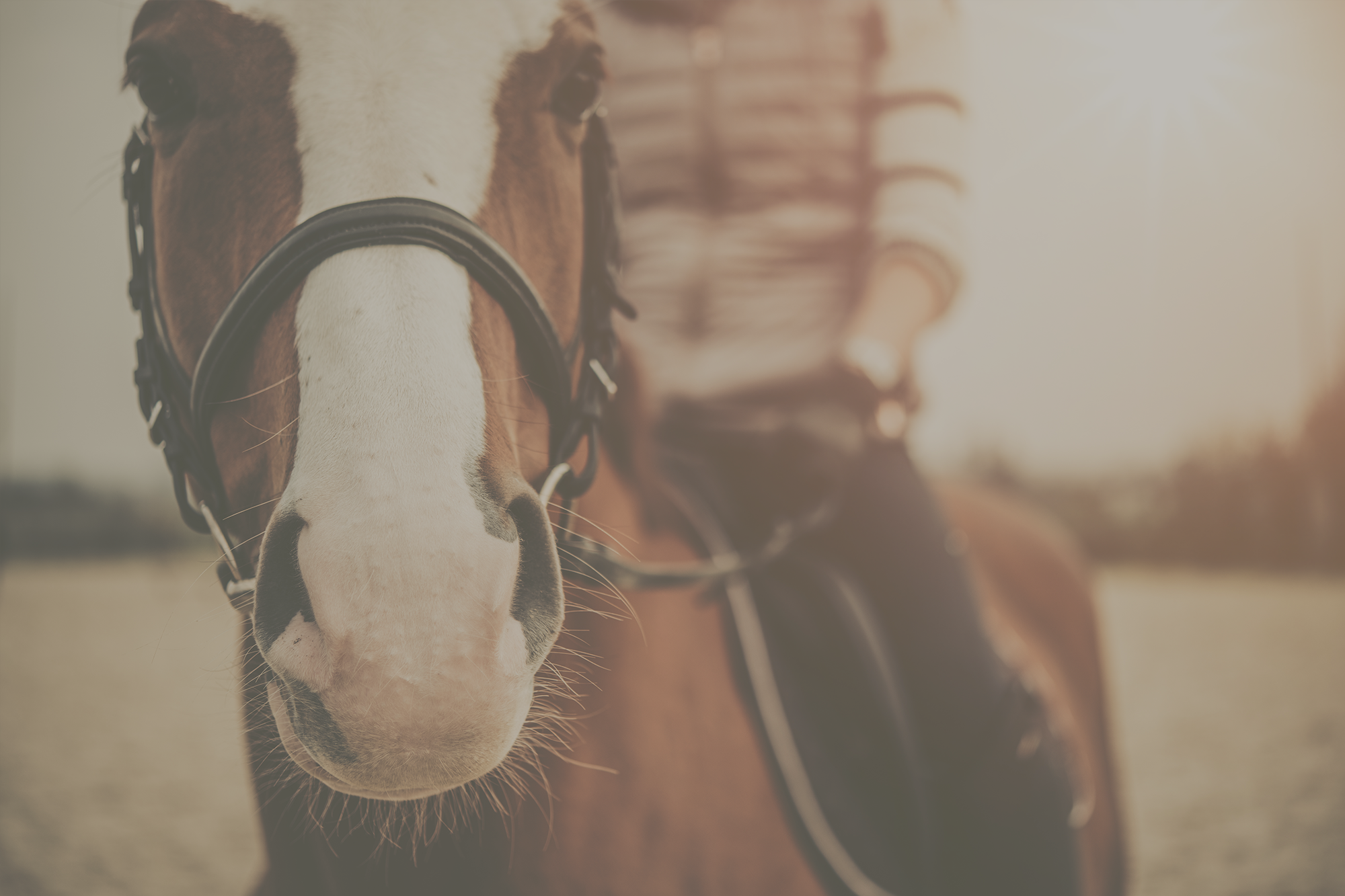Featured Horse-Related Liability Forms
If you own a horse, you have potential liability. Read on to learn what you need to do to protect yourself.
Even if you think you have the horse management and business skills to draft your own releases and contracts, it is best to leave the job to a lawyer.
Many horse barns and trainers require a liability release, but do they actually provide the equine professional with any protection?
After an injury occurs, the contents of the signed liability release determine the level of protection from legal action.
Whether you choose to require riding helmets or make them optional, your liability release should reflect your policy.
Sharing your horses with guests can be rewarding, but could also get you into legal trouble if something goes wrong. Equine Legal Solutions has the practical considerations you should be aware of.
Questions around liability can be difficult to answer, and many private horse owners do not consider them before it is too late.
Before sharing a horse trailer ride with a friend, consider these tips to protect yourself and your horse and help your trip go smoothly.
Depending on where you live and your equine operations, warning signs might not only be a good idea to protect yourself from lawsuits but also legally required.
If you have a horse with a history of dangerous or harmful behavior in your program, action should be taken before you find yourself liable.








































